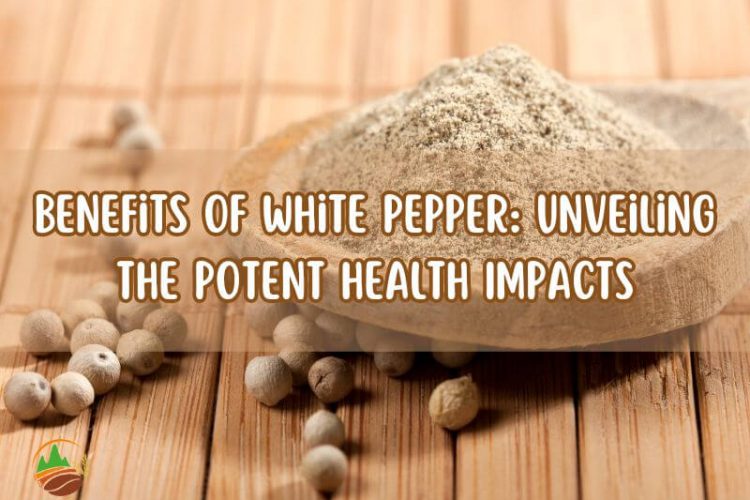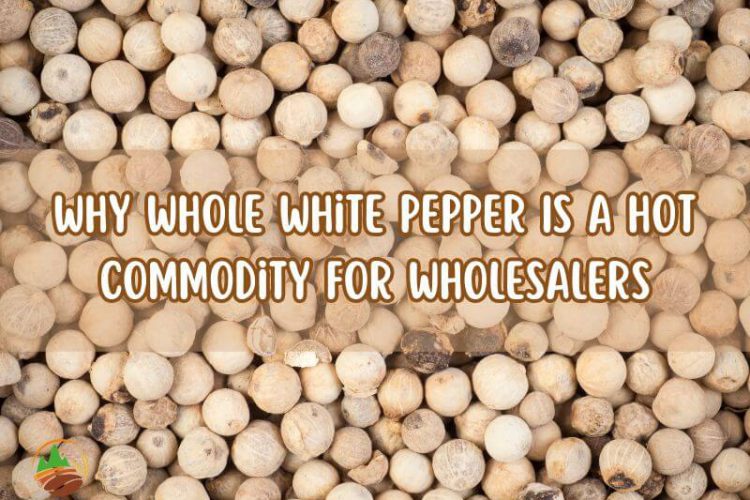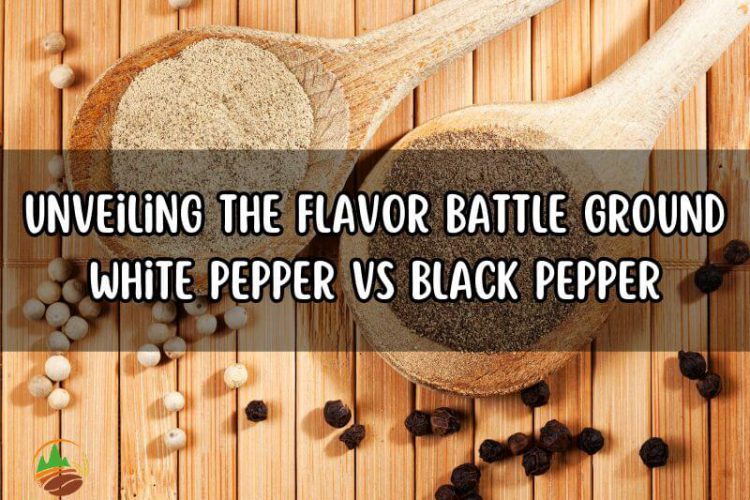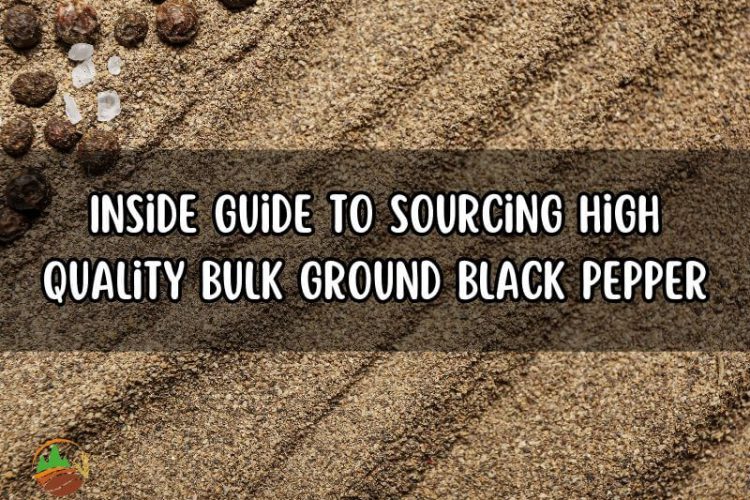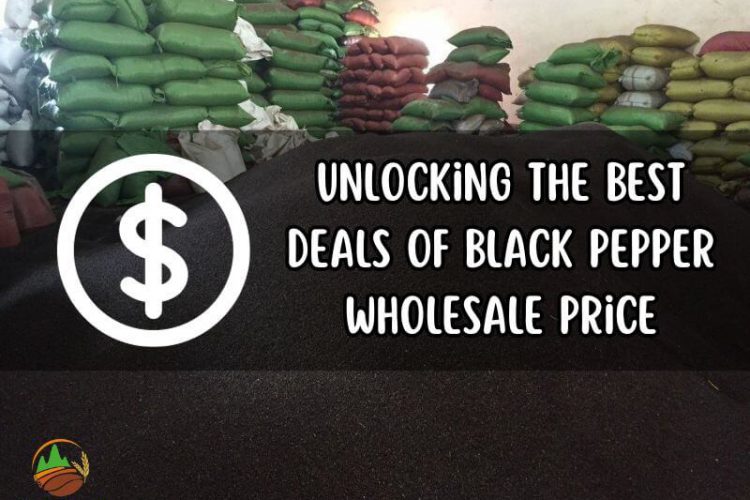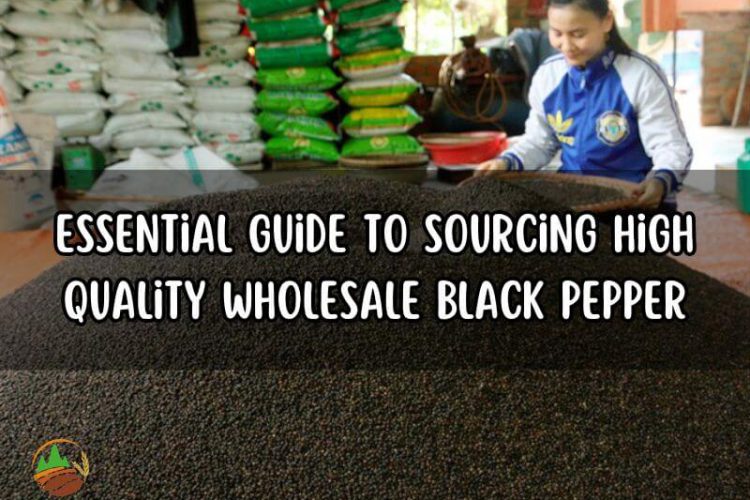Our article explores the aromatic and flavorful characteristics of these exquisite spice products. Learn about trusted suppliers and bulk purchasing options to enhance your wholesale spice collection. Elevate your customers’ culinary experiences with the finest Indonesian cinnamon sticks on the market.
Table of contents
An introduction to Indonesian cinnamon sticks
The cinnamon stick is a rolled-up, small product made from cinnamon. Indonesian cinnamon sticks, also known as Indonesian cassia or Korintje cinnamon, are a type of spice derived from the bark of the Cinnamomum burmannii tree, which is native to Indonesia.
The unique properties of Indonesian cinnamon sticks
Below are the distinctive characteristics of Indonesian cinnamon sticks compared to cinnamon from other countries:
- Features: Indonesia has a large area where cinnamon is cultivated using industrial processes. The quality of Indonesian cinnamon is said to have a less pronounced aroma compared to cinnamon from other countries, with a milder and warmer flavor. The color of Indonesian cinnamon sticks is reddish-brown.
- Harvesting: Indonesian cinnamon sticks are harvested in spring: February-March and fall: August-September.
- Appearance: Sticks from Indonesia have a single, thick layer, making them more durable and difficult to break. Sticks of Indonesian cinnamon typically range in length from 15 to 20 cm and have a diameter of 1.5 to 2 cm.
- Taste: Indonesian cinnamon is less spicy because it has less cinnamaldehyde in it. Bakers love it for its balanced, warm, and woodsy flavor.
- Uses: Cinnamon sticks, which can be taken out before serving, can be used to give drinks and stews a hint of cinnamon flavor. A fine grater can be used to turn cinnamon sticks into ground cinnamon. Cinnamon from Indonesia, called Korintje, is also called baker’s cinnamon. It has a higher concentration of mucilaginous fibers, which makes the filling gooey.
Here are some special characteristics of Indonesian cinnamon sticks that wholesalers can consider before making the deal to understand more about Indonesian cinnamon sticks to choose from a lot of kinds of cinnamon in the market.

The international market potential of Indonesian cinnamon sticks
The international market potential of Indonesian cinnamon sticks is significant. Here are some factors contributing to its potential:
- Unique flavor and aroma: Indonesian cinnamon sticks have a distinct flavor and aroma, with a balance of warm, sweet, and woodsy notes. This uniqueness appeals to consumers worldwide who seek authentic and diverse culinary experiences.
- High quality and reputation: Indonesian cinnamon sticks are known for their superior quality. The country’s favorable growing conditions and careful cultivation practices contribute to the premium characteristics of the spice. This reputation attracts buyers who value excellence and are willing to pay a premium for top-notch products.
- Versatile usage: Cinnamon is a versatile spice used in various culinary applications worldwide. Indonesian cinnamon sticks can be used in both sweet and savory dishes, baked goods, beverages, and spice blends. This versatility expands the market potential, as it can cater to diverse consumer preferences and culinary traditions.
- Increasing demand for natural and exotic flavors: As consumers become more health-conscious and seek natural ingredients, the demand for authentic spices like Indonesian cinnamon sticks is on the rise. The unique flavor profile and organic nature of Indonesian cinnamon appeal to health-conscious consumers looking for natural alternatives to artificial flavorings.
To fully tap into the international market potential, it is crucial for Indonesian cinnamon stick producers to maintain consistent quality, establish strong supply chains, engage in effective marketing and branding, and comply with international food safety and quality standards.

The current state of Indonesian cinnamon sticks exports
Indonesia, China, Vietnam, and Sri Lanka are the four countries that produce the most cinnamon worldwide. Indonesia ranks first in cinnamon production with 89 thousand tons, followed by China with 82 thousand tons. Vietnam ranks third globally in cinnamon production with 41 thousand tons, while Sri Lanka produces only 24 thousand tons.
Indonesia is the leading producer of cinnamon in the world, accounting for 37% of the global total. Indonesia will produce over 90,000 tons of cinnamon worth approximately USD 85 million in 2021. The majority of Indonesian cinnamon sticks come from Mount Kerinci in Sumatra, where the cinnamon tree thrives, and the country’s volcanic slopes.
In terms of consumption, India imports nearly 32,000 tons of cinnamon annually, followed by the United States with over 28,000 tons and Germany with over 20,000 tons. The United States was the largest export market for Indonesian cinnamon sticks in 2020, accounting for 59% of total exports, followed by the European Union (27%) and South Korea (11%). The EU imports cinnamon primarily from Indonesia and Vietnam. Import volumes have increased significantly, with Indonesia seeing a 30% increase and Vietnam a 20% increase.
Competition for Indonesian cinnamon will primarily come from cassia cinnamon from Vietnam and cassia cinnamon from China.

The market specification of Indonesian cinnamon sticks
Indonesian cinnamon sticks will differ in terms of their oil content, coumarin content, and curliness. Typically, Indonesian cinnamon sticks that are considered to be of high quality often exhibit the following characteristics:
| Criteria | Stick |
| Standard moisture | 12% |
| Essential oil content | 2-4% |
| Length | 15-20cm |
| Packing | Carton |
| Shell thickness | 2-3mm |
| Skin (outer shell) | Shave the peel |
These are the typical characteristics associated with high-quality Indonesian cinnamon sticks:
- Moisture: High-quality Indonesian cinnamon sticks usually have a standard moisture content of 12%, ensuring they are neither too dry nor too moist.
- Essential oil content: High-quality Indonesian cinnamon sticks typically have an essential oil content ranging from 2-4%. The essential oil content plays a crucial role in creating the distinctive flavor and aroma of cinnamon.
- Length: High-quality Indonesian cinnamon sticks are usually about 15-20cm long. This length is suitable for use in cooking and culinary preparations.
- Packaging: High-quality Indonesian cinnamon sticks are often packaged in cartons. Secure packaging helps in preserving cinnamon and prevents damage during transportation.
- Thickness of the bark: High-quality Indonesian cinnamon sticks usually have a bark thickness of about 2-3mm. This thickness indicates a sturdy outer bark that is not too thin or prone to breakage.
- Skin (outer layer): High-quality Indonesian cinnamon sticks often have their outer layer removed, which means the outer bark has been peeled off. This helps enhance the flavor and aroma of cinnamon.
Please note that this information is general and may vary depending on the origin and specific manufacturer. When purchasing Indonesian cinnamon sticks, it is advisable to check the information on the packaging or inquire with the supplier to confirm the exact characteristics of the product.

Current market prices for Indonesian cinnamon sticks
Below, we provide wholesalers with the average prices of Indonesian cinnamon sticks in the market and the factors that can influence the current prices of this type of cinnamon:
Market average price of Indonesian cinnamon sticks
The price of Indonesian cinnamon sticks often varies based on the harvest season and the quality of the product. However, the price of the product typically ranges from 4500 USD/MT to 5000 USD/MT, depending on the curliness and oil content of the product. For detailed price information, wholesalers should directly contact suppliers to obtain specific pricing lists.

Some of the factors influencing the price of Indonesian cinnamon sticks
Several factors can influence the price of Indonesian cinnamon sticks. Here are some key factors that can affect pricing:
- Supply and Demand: The balance between the supply of Indonesian cinnamon sticks and the demand for them in the market is a major determinant of price. If the supply is limited or the demand is high, prices tend to increase. Conversely, if the supply exceeds the demand, prices may decrease.
- Quality and Grade: The quality and grade of Indonesian cinnamon sticks can significantly impact pricing. Higher-quality cinnamon sticks with desirable characteristics, such as strong aroma, rich flavor, and larger size, often command higher prices in the market.
- International Trade and Export Policies: Export policies, trade regulations, and tariffs imposed by both the producing country (Indonesia) and importing countries can affect the pricing of Indonesian cinnamon sticks. Changes in trade policies or trade agreements can lead to fluctuations in prices due to shifts in market dynamics and costs.
It’s important to note that these factors are interconnected and can fluctuate over time. The pricing of Indonesian cinnamon sticks is subject to market dynamics and conditions that can vary. However, the current price of cinnamon sticks of Indonesian is considered relatively stable due to the absence of significant direct market impacts such as trade bans or wars, and Indonesia has a long history of cinnamon cultivation, with experience spanning 40-50 years, which contributes to the stability of the market.

The market’s top three reputable suppliers of Indonesian cinnamon sticks
Here are a few well-known cinnamon suppliers in Indonesia that you can consider reaching out to for wholesale inquiries:
- PT. Inti Sumber Aroma: A reputable Indonesian company specializing in the production and export of various spices, including cinnamon. They offer wholesale quantities of cinnamon sticks and other spice products.
- CV. Bina Usaha Mandiri: This company is known for its cinnamon production and export capabilities. They provide wholesale Indonesian cinnamon sticks sourced from Indonesia’s cinnamon farms.
- PT. Kirindo Prakarsa: An established spice trading company in Indonesia that supplies various spices, including cinnamon, to international markets. They offer wholesale quantities and are experienced in exporting to different countries.
Remember to conduct your own due diligence, research, and communicate directly with the suppliers to ensure their credibility, product quality, and ability to meet your specific wholesale requirements. It’s always a good practice to request samples, review certifications, and negotiate terms before making a final decision.

Importing Indonesian cinnamon sticks: How to avoid scams
When importing Indonesian cinnamon sticks or any other product, it’s important to be cautious and take steps to avoid scams. Here are some tips to help you minimize the risk of scams:
- Research and verify suppliers: Thoroughly research potential suppliers before engaging in any business transactions. Check their reputation, reviews, and credentials. Look for established suppliers with a good track record, and consider reaching out to trade associations or industry networks for recommendations.
- Request samples: Request samples of the Indonesian cinnamon sticks before making a bulk purchase. This allows you to assess the quality and authenticity of the product. Be wary of suppliers who are reluctant to provide samples or charge exorbitant fees for them.
- Conduct due diligence: Verify the legitimacy of the Indonesian cinnamon sticks supplier by conducting due diligence. Obtain their business registration details, contact information, and any relevant certifications. Cross-check this information with official records or third-party verification platforms.
- Secure payment methods: Use secure and traceable payment methods for transactions. Avoid making full payments upfront or using unsecured methods like wire transfers or Western Union. Consider using escrow services or letters of credit to protect your payment until the products are delivered as agreed.
- Visit the supplier: If possible, plan a visit to the trusted cinnamon suppliers‘ location to inspect the facilities and meet the team in person. This can provide valuable insights into their operations, credibility, and product quality.
- Use contracts and agreements: Have a well-drafted contract or purchase agreement that clearly outlines the terms, specifications, Indonesian cinnamon sticks quality standards, pricing, delivery schedules, and dispute resolution mechanisms. Consult legal professionals to ensure the contract protects your interests and includes safeguards against fraud or non-compliance.
- Engage professional inspections: Consider hiring a professional third-party inspection company to inspect the product quality, packaging, and compliance with agreed-upon standards. This can help identify any discrepancies or counterfeit products.
- Stay updated on market prices: Familiarize yourself with the prevailing market prices of Indonesian cinnamon sticks. If a deal seems too good to be true and significantly deviates from the market average, exercise caution and investigate further.
By following these precautions and conducting thorough due diligence, you can reduce the likelihood of falling victim to scams when importing Indonesian cinnamon sticks or any other products.


